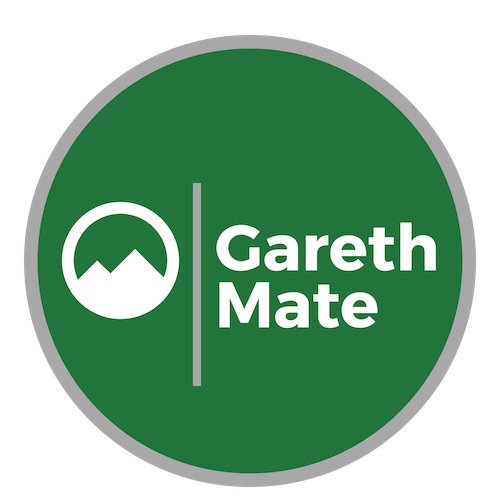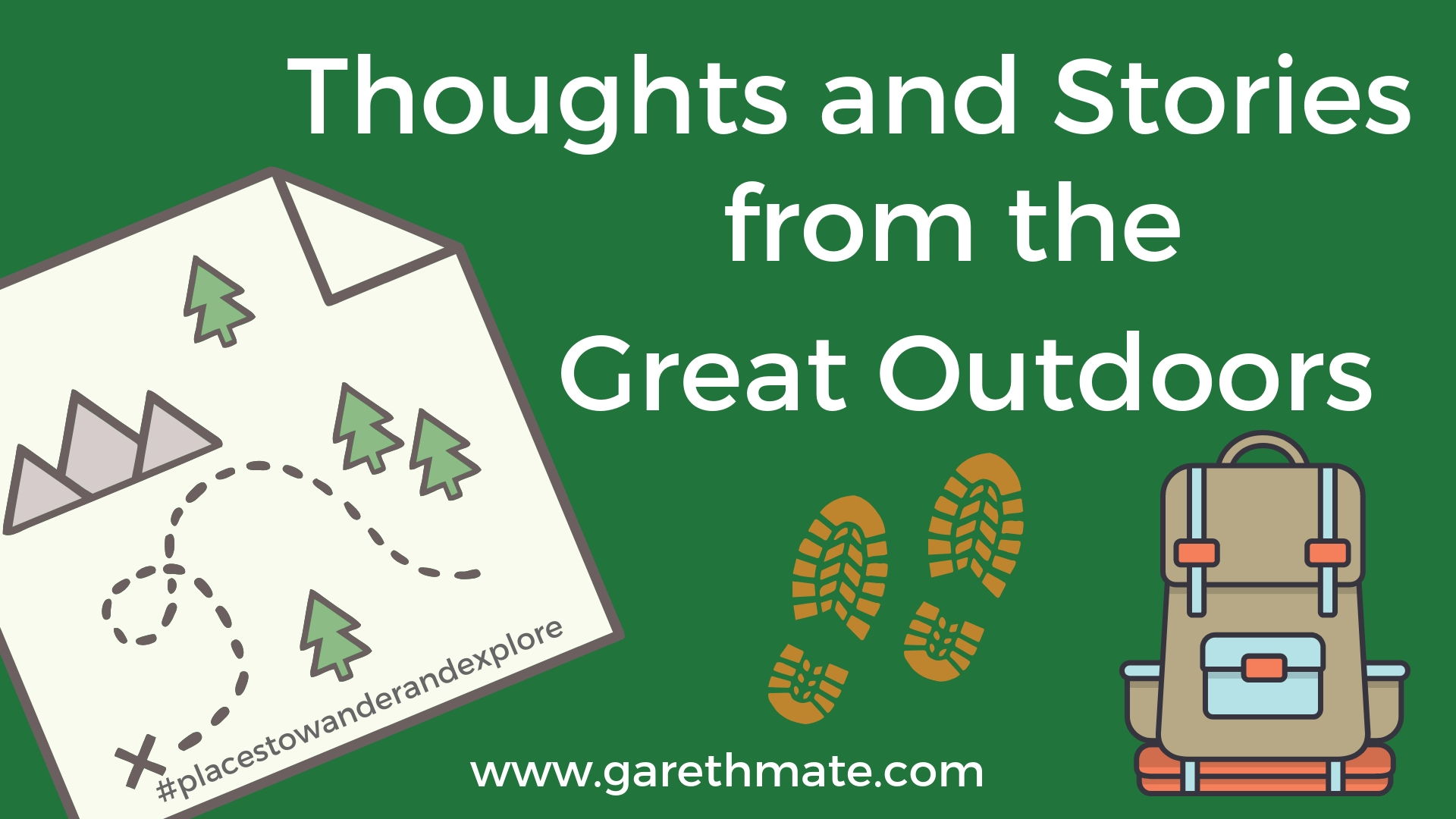Protecting Our Planet From Plastic
The overuse of Plastic is a significant problem and real-world issue that ultimately affects us all.
Whether we choose to accept it or ignore it, the consequences of our actions and activities are genuinely grim and the impact it is having on our world is dangerous and perhaps now even irreversible.
A few weeks ago, while doing the day job, teaching and hopefully inspiring an interested group of 8 & 9-year-olds, we started to have an open-ended and in-depth discussion, about Plastic, and the increasing problem so visible in our news today.
If time allows, in our busy timetable, we love to focus our attention on real-world issues, as they continually provide the basis for deep and meaningful thoughts and actions. In turn, this allows us to pay more attention to the problems we are all faced with and the wider world around us. It offers us the chance to discuss ideas and suggest ways that might allow us to alleviate the issues somewhat, in a practical, fun and meaningful way.
Our latest discussion focused on another ‘world problem’ and the growing issues relating to PLASTIC usage, and rapidly growing Plastic Pollution in our world today.
Today’s News
Wherever we look in the media and on the news, the topic of plastic pollution has now become our new nemesis and a significant problem, for us all to contend with. A problem that is not only fundamentally caused by ourselves, but it is now a problem ‘WE’ as intelligent humans need to do something about, and fairly quickly.
My class enjoys learning about new topics, and thoroughly enjoyed supporting and building upon their initial prior knowledge through varying thoughts and ideas, therefore the topic of plastic seemed a great topic to naturally weave into our curriculum objectives that needed to be covered. Having the chance to discover and learn more about a real-world problem through newspaper writing was a pretty exciting one and an opportunity the children looked forward to sharing with each other and their parents.
Initially, information was gathered, through collaborative learning strategies, where the children chatted, shared ideas and additional notes were noted down allowing everyone the chance to share ideas and opinions about our chosen this topic.
Once complete, I grabbed the initiative and took advantage of some great work and saw many opportunities to use this as a valuable learning tool. I guess it was the perfect way of gathering the children’s ideas and views regarding the growing levels of plastic pollution our world is facing and how our ignorance towards addressing the problem correctly and effectively is now leading to new pioneers stepping up, speaking out and actively doing something about it, in the hope of raising further significant awareness and hopefully bringing about change.
Lizzie Carr
Throughout this mini topic, we became increasingly inspired by the work of Lizzie Carr and her dedication to helping rid the UK's Waterways of plastic. Her overwhelming courage and determination have led her to follow a personal journey, where she has not only begun to raise awareness of the problem, but has also started to implement a clear vision that has enabled others to not only change their opinions, but to integrate new methods of thinking in order to do their bit to clean up and help save our planet.
In her own words Lizzie is a 'natural born adventurer,' and over the last few years, she has dedicated her past time to exploring all corners of the UK, focusing mainly on paddle boarding adventures, while using her intrepid journey’s to highlight and educate many others on the extended environmental issues affecting the UK's waterways today and potentially in the future.
Lizzie's initial expedition, back in May 2016 saw her become the first person in history to paddle board the length of England's waterways, solo and unsupported. Being the intrepid explorer she completed the 400-mile journey in 22 days, plotting over 2000 photos of plastic pollution she encountered and earning her international recognition from both media and the general public for her valuable efforts.
Since then she has brought her #PlasticPatrol to the forefront of our minds and wrote a book, which focuses on Paddling Britain.
An inspiring story
We used Lizzie's motivating and inspiring story and her #PlasticPatrol initiative to help form the basis of our learning intentions.
As a result, we worked together to devise a mini topic, whereby the children would collaborate,and gather ideas, to help her further her successes and make a difference to people’s mind-set. This approach led us to further enhance our reporting skills together with developing our own creative thoughts in order to produce two new pieces of equipment that would hopefully help Lizzie along during this purposeful and life-changing journey.
We fully intended to take into consideration what Lizzie was doing and then using your own ideas devised a plan to help her and then report on what we had created. By doing this, she would then be inspired and motivated to do even more.
What did we do?
From the very start of this project, all of the children were very enthusiastic, and had many great ideas. They took great delight in watching videos of Lizzie cruising up and down the waterways of the UK and enjoyed reading all about her personal story and how she set out to make a significant difference to the environment we all share.
Ultimately, this was the perfect starting point and it allowed all children to resonate with her thoughts and overall endeavours about making a significant impact and difference. It provided the children with meaning, hope and the perfect source of inspiration to allow them to develop their own ideas. The class began to gather ideas initially in groups of four, then moved on to working with a partner. This allowed them to gather ideas, share with others, and by picking up tips or responding to possible difficulties in the plans. The children shared ideas verbally, included basic sketches and then elaborated using written ideas, in order to help get the point across.
Finally, the children completed the majority of their work as individuals, by building on conversations they had initiated with others.
A blank canvas
Starting with a blank canvas always provides a simple, but useful analogy. I feel it defines a clear starting and a definitive finishing point to work from and it is something I like to implement, when completing topic work like this.
All of the children’s designs were drawn with paper and pencil, and after carrying out some research into stand up paddle boards and suitable materials to be used when building them. The class then developed their ideas further, with additional extras for comfort and ease of use. It was a fairly lengthy process, and eventually flowed over and began to take up the form of a homework project, but it was something the children loved to do and I was suitably impressed and inspired by what they eventually produced.
I was also delighted to see how my budding designers, entrepreneurs began to explain their intentions, using well written descriptions to help back up their ideas. My class, like all 8-year children, love to draw sketches and document their ideas in picture form, but often they miss the important opportunity to tell and share, with their audience an appropriate and well thought out written explanation.
In my class, this process is not always easy to do, due to the fact the majority of my pupils are non native speakers, so English is often their second, third, or even fourth language. As a result, we worked hard to refine our written structure and enhanced the overall meaning, of what we were trying to communicate.
Initial Designs
As previously mentioned, in the sections above, we worked together in collaborative groups and discussed our initial thoughts and ideas, questioning why there was so much plastic in the world today? We watched various videos and used questioning, in order to establish a way of getting our point across and suggest new ways which would help us to stop the problem getting bigger.
We collectively listed down the key points and began to plan the designs through drawings, like the ones below. This process allowed the children to explore their own prior knowledge with others, and develop a free and uninhibited way of thinking, in order to enhance their creative skills.
I enjoyed seeing the children’s efforts. In the design above, one of the pupils focused their attention on developing a new paddle board, that could be used not only on the extensive inland waterways, but also perfectly compatible with use out at sea. This idea was developed around the shape of a conventional paddle board, but had many additional extras that could easily enhance the overall performance and purpose of the water craft making it easier to use and easier to collect large quantities of plastic.
The ideas kept coming, with a super modified version. This new model simply developed a basic board and accompanied it with important added extras, that would increase the over efficiency of the craft. These additions included a solar powered motor, for when the paddling became a little too much. It included a charger for a mobile phone and other essential devices, like a GPS tracker and a facility to order directly from Uber Eats.
Once our designs were drawn they were further enhanced with colours, using pencil crayons.
Newspaper reports
After talking with the children, and discussing creative ways to present our work we soon came up with a set of criteria that we wanted to work towards.
This criterion would include the following points, seen opposite.
The second task was to develop our newspaper writing skills and adapt some key points highlighted and put them into a creatively written news paper article.
We developed all these points as a class and then differentiated them to cover all ability levels. This would enable us to establish a positive outcome to the task and allow us to achieve the objectives.
Throughout the activity all of the children were very enthusiastic, interested and were motivated about sharing their good ideas and documenting it through written work.
Headlines
Our starting point was to think about the news paper headline and what would have the best impact on our readers. We wanted the headline to be clear concise and have a significant impact and so that we could share ideas further, we played a few collaborative games and made a list of our top 5.
Many of the titles were very creative and well thought through. They had the right ingredients to entice the audience to then read more about the articles and the exciting stories.
Reporting
The task of reporting our ideas was a fairly lengthy process, as I wanted to make sure the key elements were all considered and the main points raised.
By undertaking the process of drafting and editing several times over, it allowed us to reach a clear and positive conclusion. My class are not all native English speakers, so writing in English can prove problematic to some and obviously takes time to refine.
Nevertheless, they all did a fantastic job and I was incredibly pleased with what they wrote and then fed back to the class in the form of a verbal presentation.
Conclusion
In conclusion, I feel that we have done a great job, in highlighting the good work completed by others and offered our own ideas to a very important issue concerning us all.
Without individuals like Lizzie, stepping up and making a difference, it is safe to say that nothing will change. Raising awareness and then following it up with actions is so important and this is something clearly she is trying to do.
My class enjoyed learning all about her marvellous approach to the issue and recongised how starting small, can lead to much greater things.
In turn, we have used our own ideas and the subject we are studying to make our learning fun and interesting.
As a result, this is something I continually aspire to do, within my daily practice, as a teacher. I want to make learning relevant, fun and interesting, therefore I have written several other blog posts that are related to education. You can read more of those blog posts here.
You can also follow the pioneering work of Lizzie Carr here.
Many thanks for reading!

















